The DePIN Explorer - DePIN Scan
Trending 🔥
DePIN Market Cap
$28,840,442,115
-7.7%
Volume
$9,165,100,930
-42.6%
DePIN Projects
295
DePIN Devices
19,512,088
DePIN Projects
DePIN Scan is the explorer for DePIN crypto projects. There are 295 DePIN Projects with a combined DePIN market cap of $28,840,442,115 and total DePIN devices of 19,512,088. Click into the projects below to learn how to start earning passive income today.
Project | Token | Category | Social Following | Market Cap | Token Price | 24h Trade VOL | 1D | 7D | 30D | Total Devices | Favorites | Last 7 days |
|---|---|---|---|---|---|---|---|---|---|---|---|---|
 | SOL | Chain | 2,983,977 | $88,215,520,280 | $184.03 | $5,545,946,237 | -1.8% | -20.8% | -30.4% | - | 3 | |
 | RNDR | ServerAI | 212,857 | $3,663,362,755 | $7.09 | $162,280,799 | -1.6% | -23.6% | -11.0% | - | 2 | |
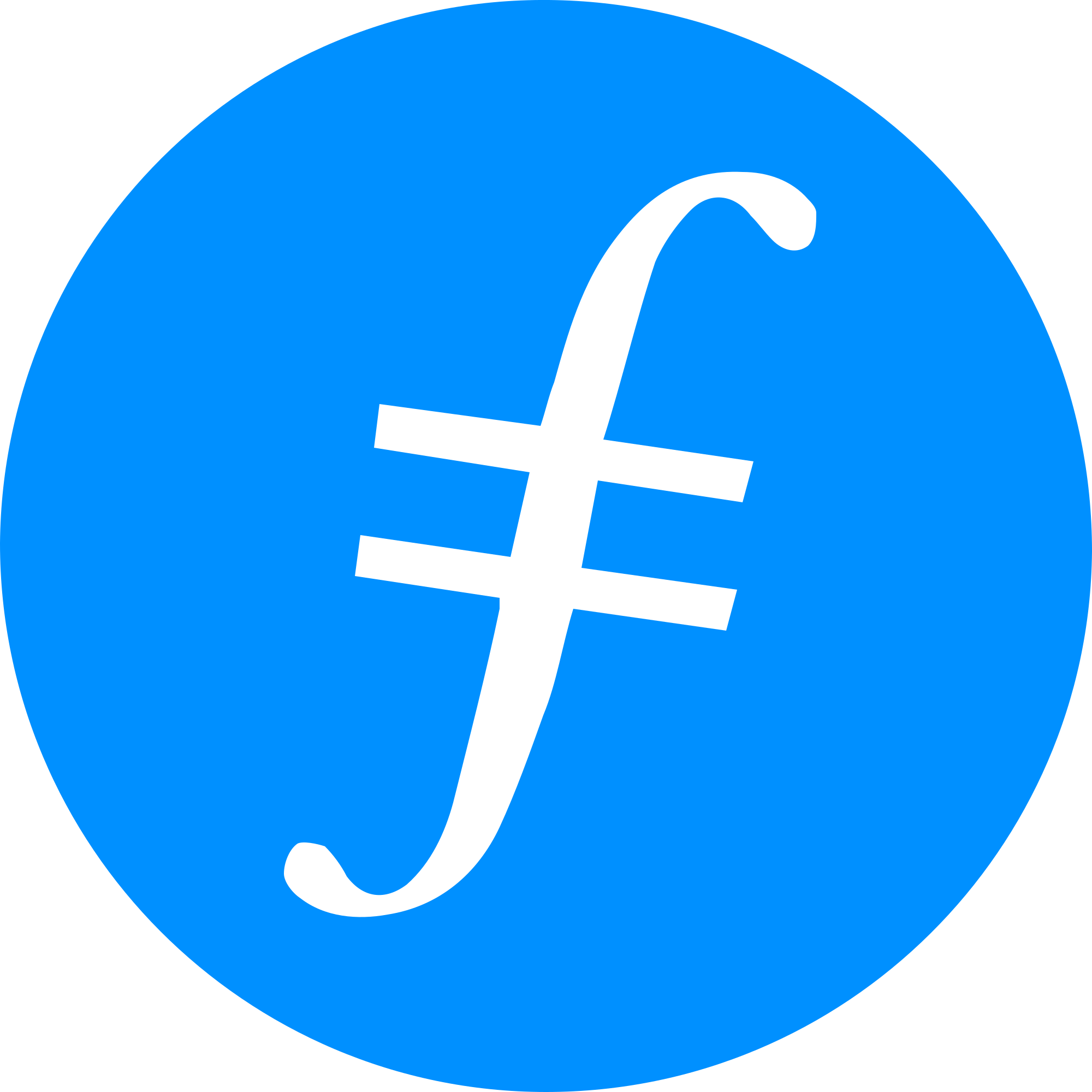 | FIL | Server | 667,158 | $3,020,867,176 | $4.93 | $475,738,299 | -1.3% | -26.7% | -5.6% | 3,562 | 2 | |
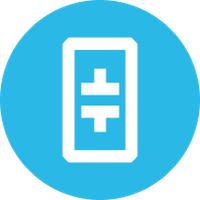 | THETA | ServerAI | 272,081 | $2,204,200,733 | $2.2 | $56,874,191 | -2.7% | -23.3% | +15.1% | 5,885 | 0 | |
 | HNT | Wireless | 215,797 | $1,163,211,074 | $6.64 | $26,194,526 | -1.9% | -33.4% | +16.4% | - | 2 | |
 | AKT | ServerAI | 121,321 | $759,837,344 | $3.07 | $8,578,504 | -2.8% | -20.1% | -21.1% | 472 | 1 | |
.jpg) | GRASS | ComputeAI | 529,819 | $609,531,568 | $2.5 | $120,204,577 | -3.3% | -30.9% | +11.8% | - | 3 | |
 | ATH | Compute | 843,871 | $391,600,797 | $0.06912 | $30,720,013 | +0.3% | -16.4% | +15.2% | - | 0 | |
.jpg) | IO | ComputeAI | 512,187 | $367,321,331 | $2.93 | $138,717,727 | -3.9% | -26.6% | +10.5% | - | 0 | |
 | IOTX | Chain | 327,853 | $351,694,416 | $0.03725 | $20,472,596 | +1.1% | -23.6% | -21.0% | - | 17 | |
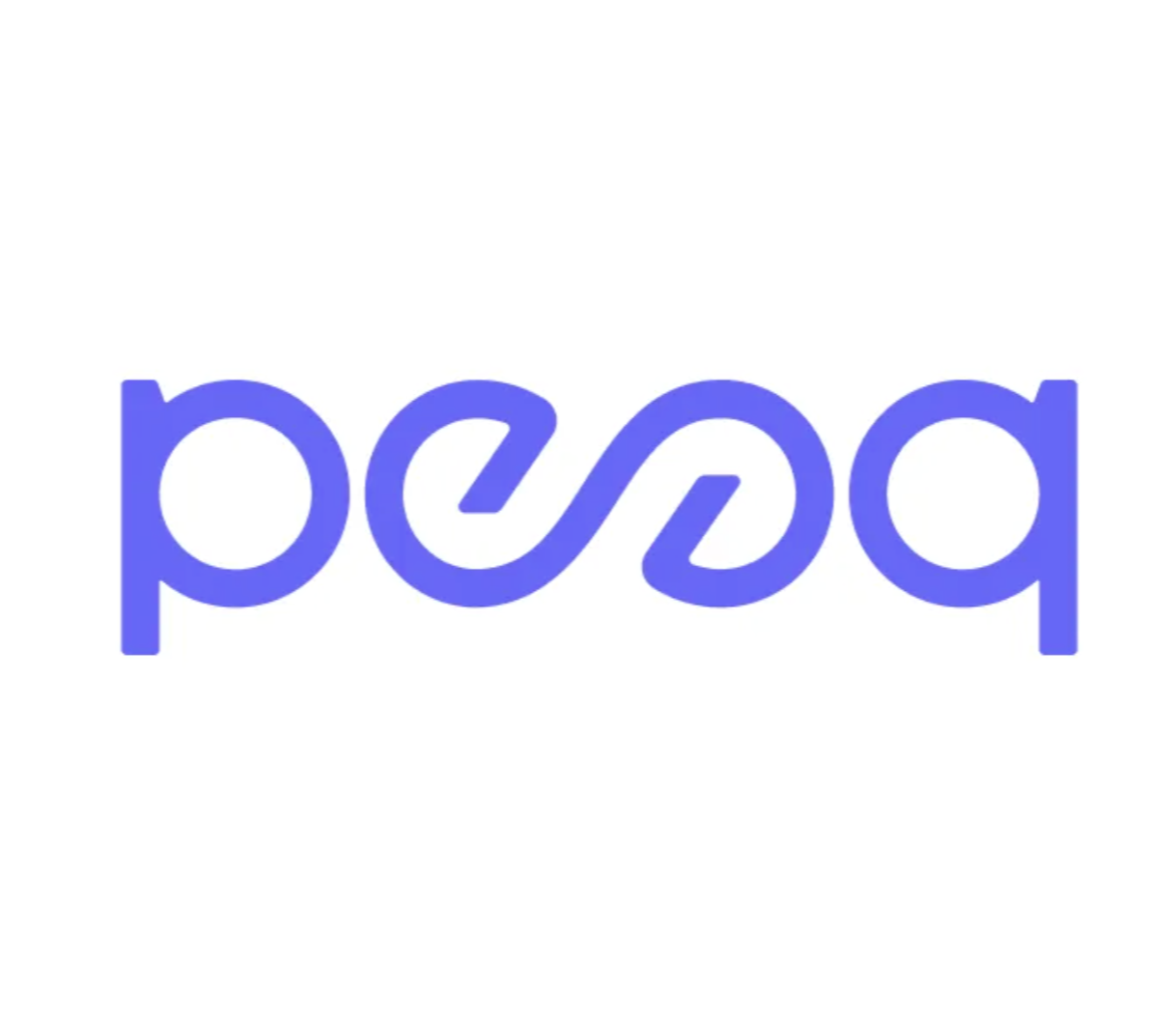 | PEAQ | Chain | 284,813 | $313,185,721 | $0.4821 | $38,259,668 | -5.7% | -20.1% | +135.9% | - | 2 | |
 | HONEY | SensorAI | 50,652 | $265,858,168 | $0.08294 | $3,997,617 | +12.5% | -22.1% | +12.9% | 8,037 | 0 |
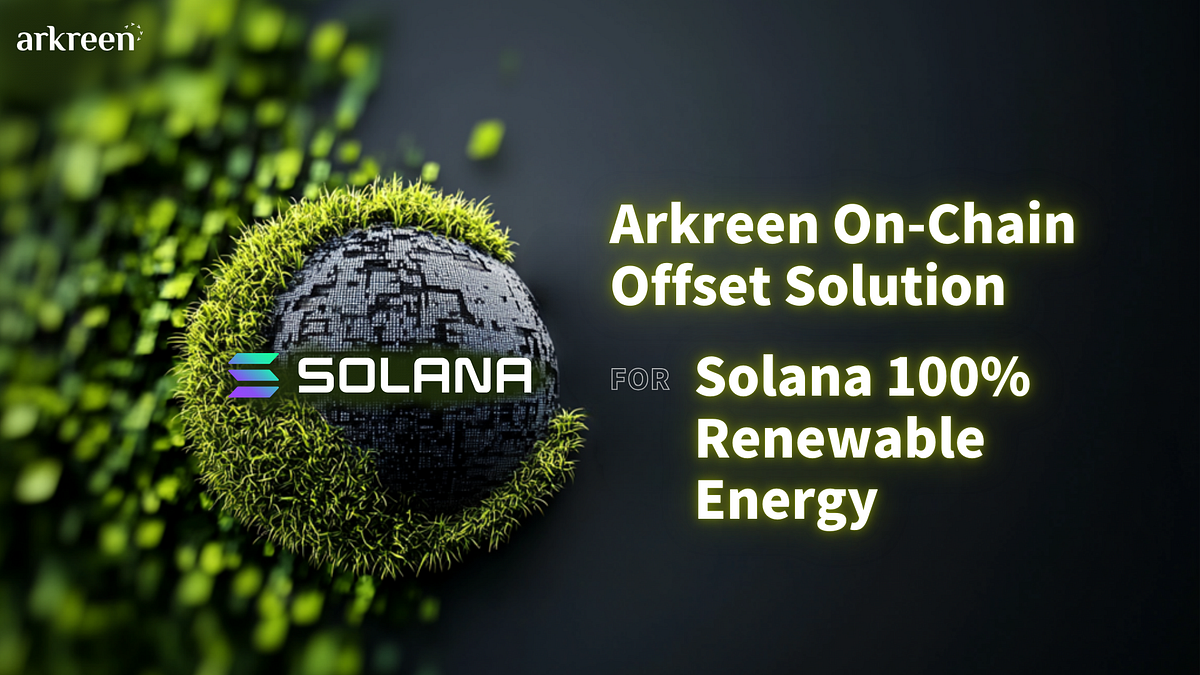
a day ago
AREC Protocol Expands to Solana, Enhancing On-Chain Renewable Energy SolutionsThe Arkreen Renewable Energy Certificate (AREC) protocol has achieved significant milestones in the realm of on-chain digital renewable energy certificates. To date, over 129,520 tokenized Renewable Energy Certificates (ARECs) have been issued, representing a total of 129 GWh of green energy. This includes nearly 5 GWh generated from residential solar panels by Arkreen community members, while the remaining 125 GWh was tokenized through traditional REC bridging. The community actively utilizes the tokenized REC token, ART, to offset their energy consumption and engage in green initiatives, such as the GreenBTC.Club, which collectively offsets the carbon emissions of the Bitcoin network.
The AREC protocol is already operational on the Polygon and Celo networks, demonstrating strong adoption. The next phase of expansion involves deploying the protocol on Solana, a blockchain known for its high transaction throughput and user-friendly experience. This move is crucial as Solana hosts numerous Decentralized Physical Infrastructure Networks (DEPIN) projects that require solutions to mitigate brown energy consumption. After extensive development and testing, the AREC protocol has been adapted for Solana's unique technical environment and is ready for deployment on the mainnet.
The integration of the AREC protocol into Solana will facilitate the issuance of self-certified tokenized RECs based on solar energy generation data, alongside traditional REC bridging. The ART token will be minted as NFTs before being liquidated for use within the Solana ecosystem, promoting carbon neutrality among Web3 projects. With Solana's commitment to sustainability, including purchasing carbon credits to offset its network's footprint, the AREC protocol will fill a critical gap by providing native carbon assets. This deployment is set to reinforce AREC's status as the leading on-chain digital REC protocol and significantly contribute to the renewable energy movement within the Web3 ecosystem.
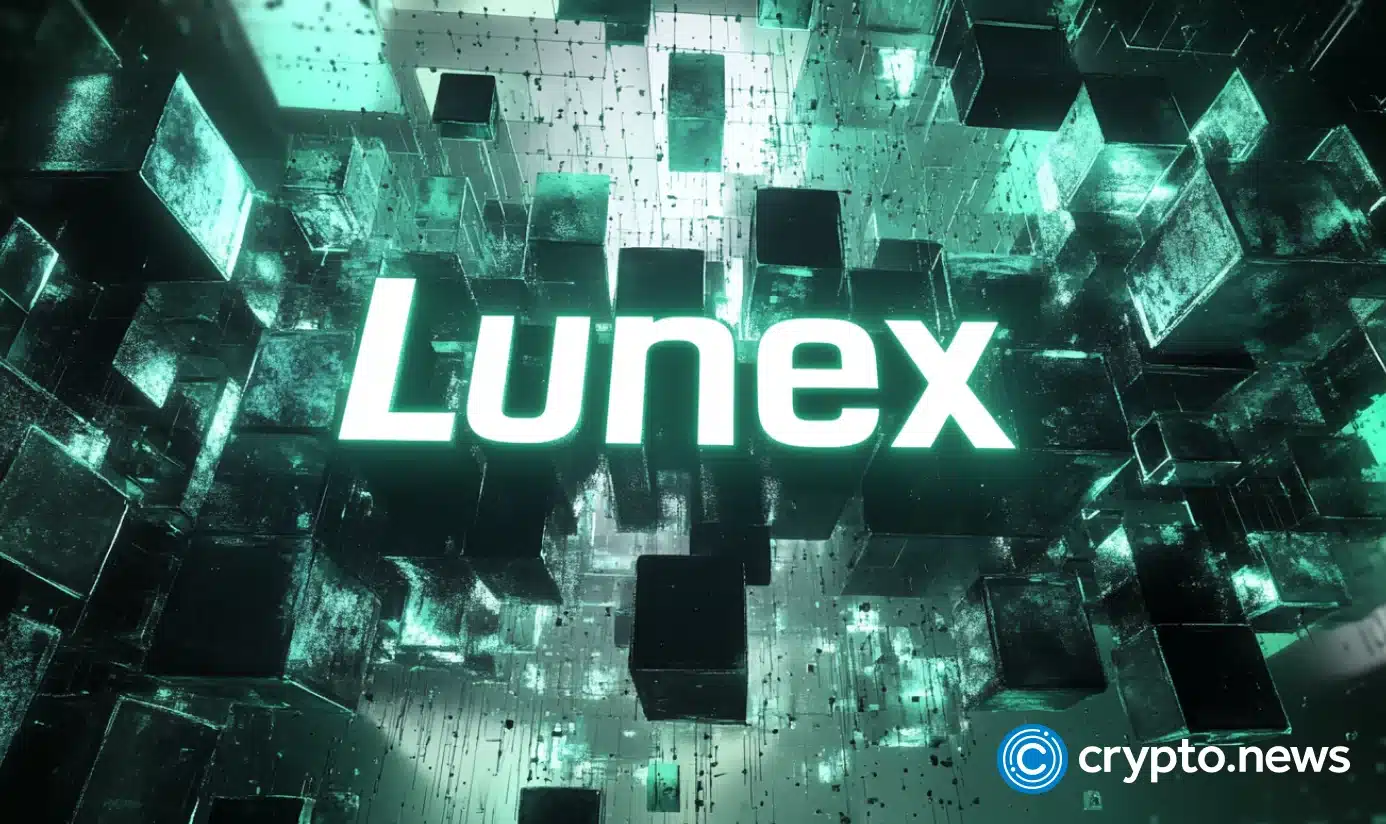
a day ago
Crypto Market Surge: Filecoin, Monero, and Lunex Network Lead the WayThe recent surge in the cryptocurrency market has sparked optimism among investors, particularly with three altcoins leading the charge: Filecoin, Monero, and Lunex Network. These assets have become staples in the portfolios of savvy investors, each offering unique advantages. Filecoin is gaining traction due to its innovative decentralized storage solutions, while Monero continues to demonstrate resilience despite challenges related to privacy technology. Lunex Network, a new player in the decentralized exchange space, has captured attention with its cross-chain capabilities and impressive presale results, raising over $5.3 million.
Lunex Network is making waves in the cryptocurrency community with its decentralized exchange that prioritizes speed, security, and accessibility. The platform supports transactions across more than 40 blockchains, providing users with access to a diverse range of digital assets. Its non-custodial design ensures that users maintain control over their assets and private keys, while a robust staking program offers attractive annual percentage yields (APYs) of up to 18%. Additionally, Lunex's commitment to security is underscored by a thorough audit from SolidProof, enhancing its credibility in the market.
Filecoin's recent integrations with Akave and Storacha have positioned it for potential price expansion, particularly as demand grows in sectors such as gaming and AI. Analysts are optimistic about Filecoin's future, especially with its foray into AI collaborations. Meanwhile, Monero has shown remarkable strength, with a 13% month-over-month price increase, despite facing delistings from centralized exchanges. The introduction of a quantum-resistant protocol by Monero developers highlights its commitment to maintaining privacy and security in an evolving technological landscape. Together, these three projects represent significant opportunities for investors in the current crypto climate.

2 days ago
Crankk Integrates Off-Grid Crypto Payments with MeshtasticCrankk, a company that has been developing a LoRaWAN network for over two years, is making strides towards enabling off-grid cryptocurrency payments. The integration of their technology with Meshtastic, an open-source project that utilizes LoRa for creating a mesh network of peer-to-peer nodes, is a significant step forward. Both Crankk and Meshtastic share a similar communication layer over LoRa, with Meshtastic already supporting MQTT integration for bridging distant network parts. Crankk's goal is to incentivize participation in these networks, allowing users to monetize their involvement while maintaining the enthusiast-driven nature of the community.
What sets Crankk apart is its commitment to a decentralized Web3 solution, where nodes communicate directly with blockchain nodes, ensuring user privacy. Each node is identified by its wallet address, controlled solely by the wallet owner, contrasting with other DePIN solutions that rely on centralized infrastructure. Operating on the Kadena blockchain, Crankk benefits from low gas fees, making it feasible to generate blockchain traffic profitably. The project is currently alpha-testing its solution, with plans to invite beta-testers soon, while also keeping the code open-source for Meshtastic.
One of the standout features of Crankk's integration is the ability to facilitate crypto payments off-grid. Meshtastic devices running Crankk firmware can compose blockchain transactions and send them over the mesh network to nodes with internet access for confirmation. This innovative approach is rare in the current market and aims to provide users with unprecedented flexibility. Additionally, Crankk is committed to donating 20% of its income from Meshtastic devices to support the project, ensuring transparency through blockchain records. This initiative not only enhances the functionality of Meshtastic but also fosters a collaborative ecosystem within the blockchain community.
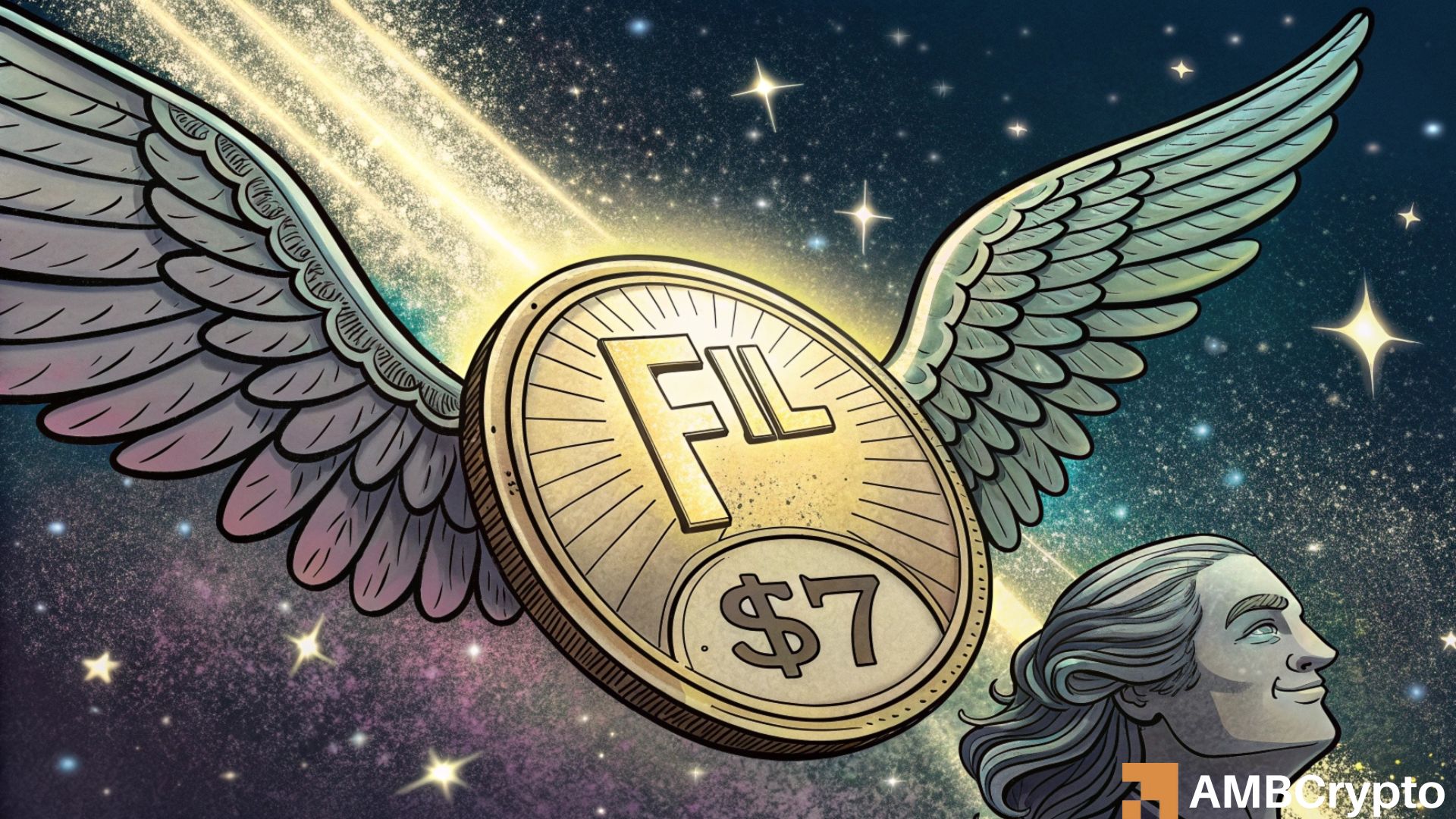
3 days ago
Filecoin Shows Resilience Amid Market DownturnOn December 20, 2024, the cryptocurrency market faced a significant downturn, resulting in $1.18 billion worth of liquidations. Despite this trend, Filecoin (FIL) has shown resilience, with 75.71% of top traders on Binance maintaining long positions. The token's ability to hold above the 200 Exponential Moving Average (EMA) is crucial, as analysts predict a potential 40% surge to the $7 mark if it can sustain this support level. Currently, FIL is trading around $4.71, having experienced a decline of over 16.5% in the last 24 hours.
The interest from larger investors, or whales, has been notable during this market dip. According to on-chain analytics firm Coinglass, there has been a significant outflow of $13.85 million worth of FIL from exchanges, indicating that long-term holders are accumulating the token. This trend suggests a bullish sentiment among investors, as they withdraw their assets from exchanges to secure them in personal wallets. The FILUSDT Long/Short Ratio on Binance stands at 3.12, further reflecting the strong bullish sentiment among traders.
Technical analysis indicates that FIL has successfully retested the 200 EMA support level, which is a positive sign for potential upward movement. If the token can maintain its position above $4.75, it may see a rise to $7. However, if it falls below the 200 EMA and closes a daily candle under $4.70, a further decline of approximately 30% could be expected. The recent increase in trading volume by 14% during this period highlights the heightened participation from traders and investors, suggesting that the market remains active despite the overall downturn.
Signup for latest DePIN news and updates
.png)



.svg)


